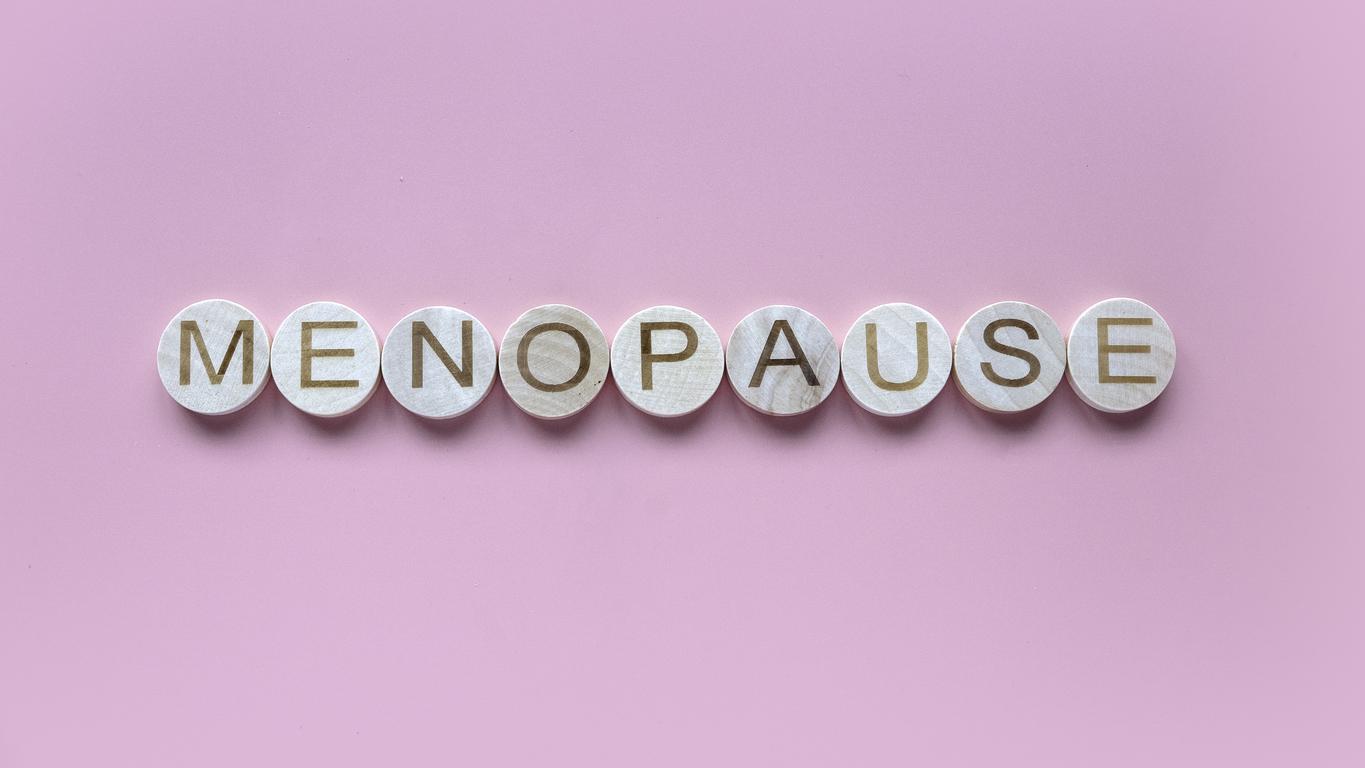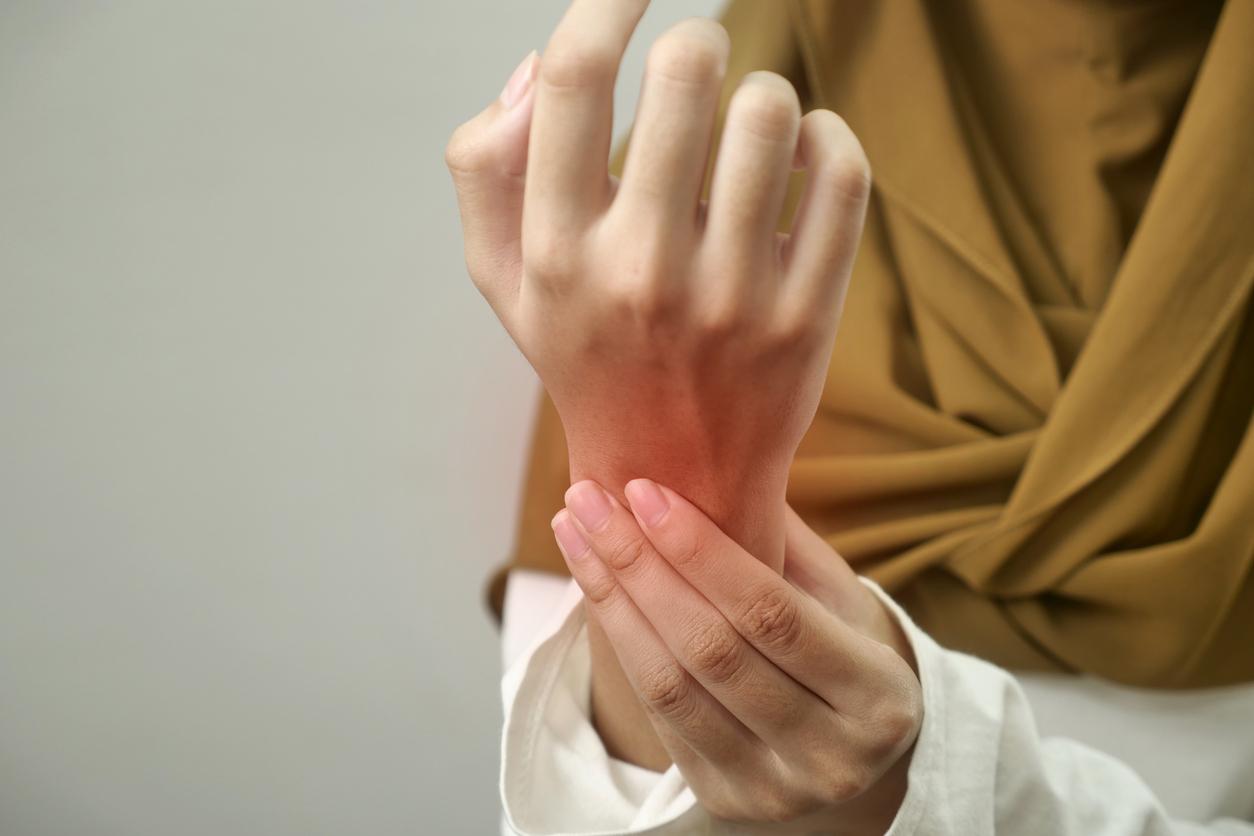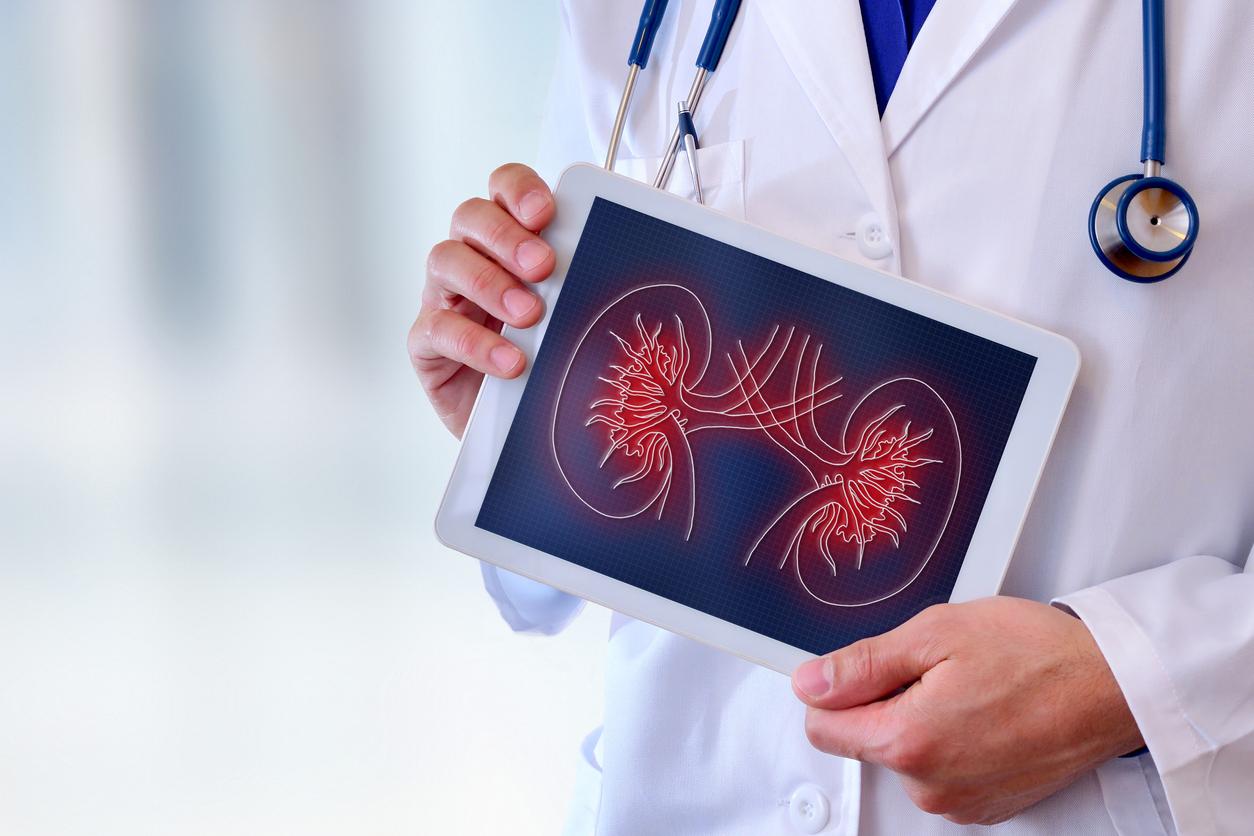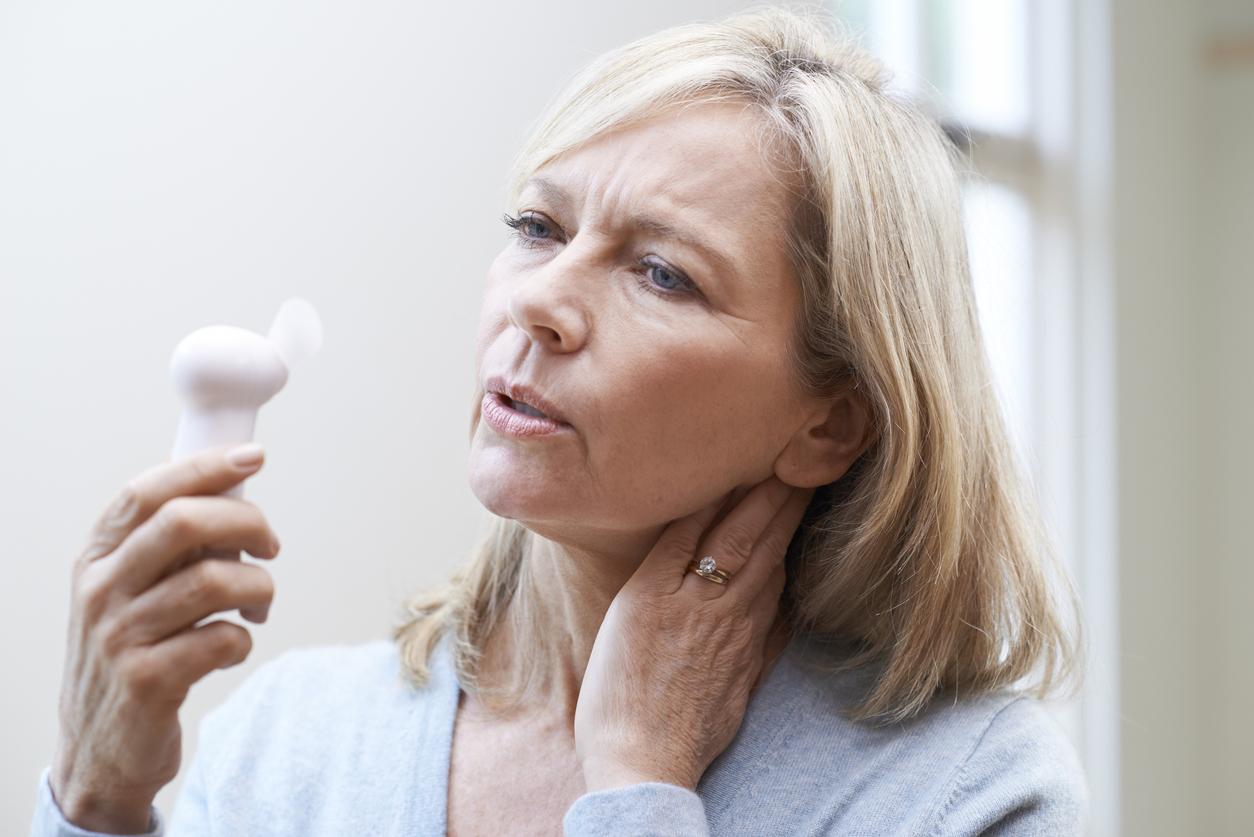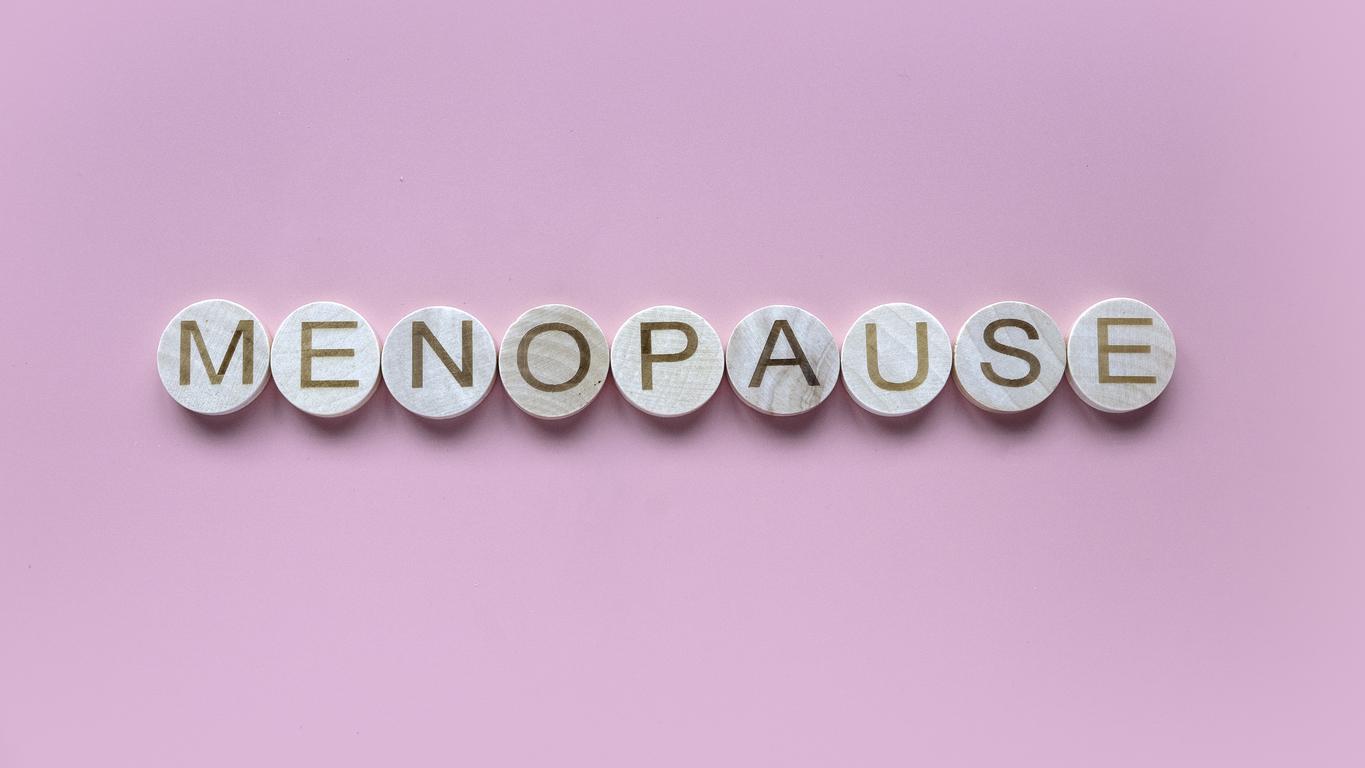Menopause, characterized by hormonal changes, is an important stage in a woman’s life. It can cause various symptoms such as hot flashes, weight gain, vaginal dryness and difficulty sleeping. Find out how to relieve these symptoms and better cope with this transition period.

- Occurring around the age of fifty, menopause is often accompanied by unpleasant symptoms.
- These are due to the cessation of the functioning of the ovaries which produced female sex hormones.
- Menopause can be experienced with serenity by limiting the symptoms.
Menopause, which occurs around age 50, is an important transition for women. This is the time when the ovaries stop working because the female reproductive cells are exhausted.
Menopause is feared because it is often synonymous with unpleasant symptoms, due to the hormonal upheaval linked to the cessation of the functioning of the ovaries. The two sex hormones responsible for menstrual cycles, estrogen and progesterone, are no longer produced.
These symptoms can be relieved by medical treatment and/or a change in lifestyle habits.
Avoid hot flashes
Hot flashes are one of the most common symptoms of menopause. They are characterized by a feeling of intense heat accompanied by redness and sweating or even dizziness and palpitations. They are linked to the hypothalamus, the part of the brain that manages the regulation of body temperature as well as the internal clock.
To relieve them, it is recommended to wear light clothing made of natural fibers, avoid spicy foods and practice relaxation techniques such as deep breathing; natural soy-based treatments can also give good results. There are also hormone replacement treatments (HRT) that can be prescribed by a doctor to reduce the frequency and intensity of hot flashes.
Limit weight gain
Menopause can cause weight gain, mainly due to hormonal changes and slowed metabolism. To avoid excessive weight gain, it is important to maintain a balanced diet and engage in regular physical activity. It is recommended to favor foods rich in fiber, lean proteins and good fats, while limiting your consumption of alcohol and sugar. It is important to consume dairy products rich in calcium to combat bone demineralization. By adopting these healthy habits, it is possible to control your weight during menopause.
Fight against vaginal dryness
Vaginal dryness is a common symptom of menopause, caused by decreasing estrogen levels in the body. It can make sexual intercourse painful and cause daily discomfort, causing itching and burning.
To combat intimate dryness, it is recommended to use lubricants during sexual intercourse to relieve discomfort. Additionally, vaginal estrogen creams may be prescribed by a doctor to restore natural hydration and relieve symptoms of dryness.
Specific personal hygiene products are preferred, as are rather loose clothing, as well as cotton and silk.
Furthermore, libido can decrease in connection with the drop in female hormones. Some women also experience a drop in self-esteem, a feeling of unease and no longer feel desirable. The help of a couples psychologist or sexologist can be beneficial.
Overcoming sleep disorders
Sleep disturbances (night sweats, waking up or insomnia) are common during menopause, mainly due to hormonal fluctuations that can disrupt the circadian rhythm. To promote restful sleep, it is recommended to establish a regular sleep routine by going to bed and getting up at set times, avoiding screens before bed as they disrupt the production of melatonin, the sleep hormone , and create an environment conducive to relaxation and rest. If sleep problems persist despite these measures, it is advisable to turn to natural treatments such as melanin or to be prescribed HRT.
Menopause is a natural stage in a woman’s life, but that doesn’t mean you have to suffer the symptoms that come with it. By adopting a proactive approach and seeking the advice of a health professional, it is possible to better navigate this important transition period.











